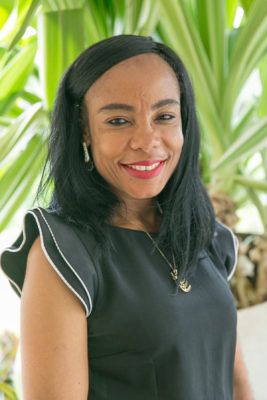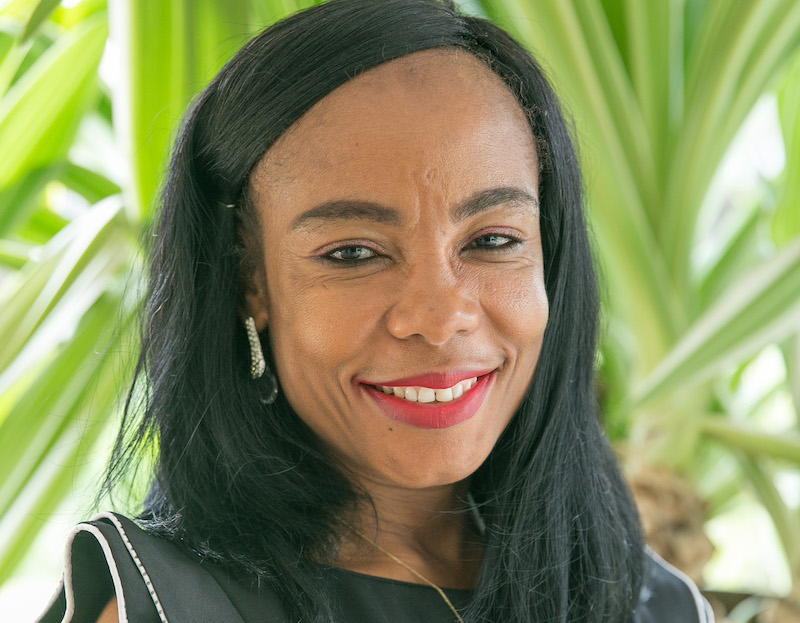By Nsini Udonta, Rise Up Gender Equity Initiative Fellow and Shelter Administrator and Program Assistant for Project Alert on Violence Against Women
Continuing our series of profiles of new Rise Up Gender Equity Initiative Fellows, Nsini Udonta shares her story of how Rise Up’s Leadership and Advocacy Accelerator helped her develop new skills and build her confidence as a leader.

Nsini Udonta, Rise Up Fellow from Lagos, Nigeria
One out of every five girls in Nigeria between the ages of 15-24 years old is a victim of domestic or gender-based violence, according to the 2012 Gender in Nigeria Report. This statistic, and the injustices that many women and girls I know have faced in their lives, inspire me every day in my work with Project Alert offering support services to victims and survivors of gender-based violence. Coordinating day-to-day activities for Project Alert’s first shelter, Sophia’s Place, I saw how providing support and protection to women and girls fleeing abusive homes and relationships can make a significant difference in their lives. I became a Rise Up Leader because I want to do more – I want to see changes in policies and practices to actually improve women’s rights.
When I was accepted into Rise Up’s program, I felt so excited that an organization like Rise Up selected me and I considered it a milestone in my professional development and social justice work. During the Advocacy and Leadership Accelerator in Lagos, I developed skills to be a better strategic thinker, to create and implement advocacy strategies, and built my confidence as a leader. This training changed me in a positive way. I have improved my advocacy, information gathering processes, community mobilization tactics, proposal writing, and other skills needed to implement an effective advocacy project.
With Rise Up’s support, I am focused on amending a law to ensure that domestic violence cases are heard and processed in a timely manner. The Protection Against Domestic Violence Law 2007 in Lagos State currently states that all domestic violence cases should be heard in the court within 72 hours. However, the backlog in court filing and processing has caused many of these cases to be pushed to the sidelines, forcing the survivors to continue living in fear of their attackers. With Project Alert, we are advocating for a separate registry for filing domestic violence cases, so that we can improve how these cases are processed and help survivors reach safety more quickly.
My hope for the future is to see equity, opportunity, and social justice for women and girls in Nigeria and across the globe. I will know I am successful when there is a decrease of incidences of domestic violence in Lagos.


